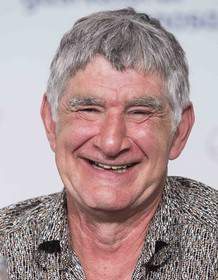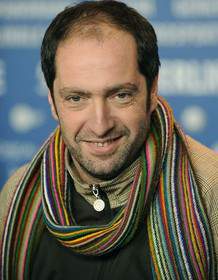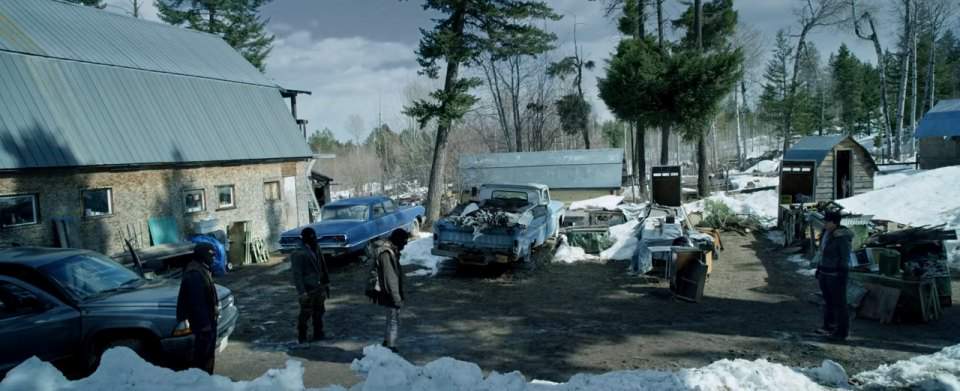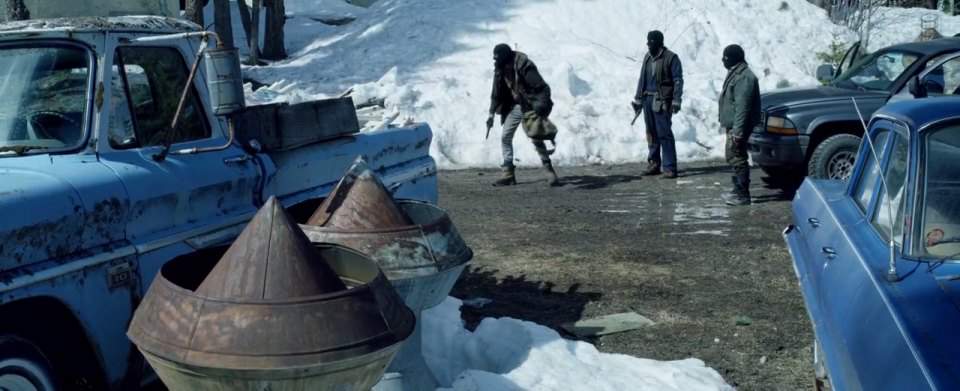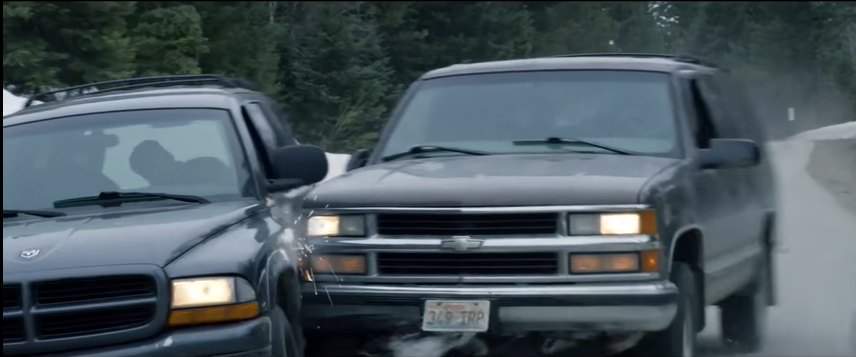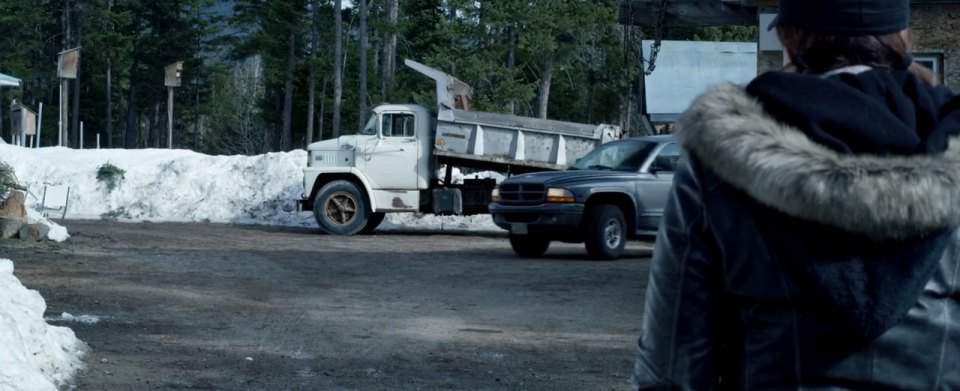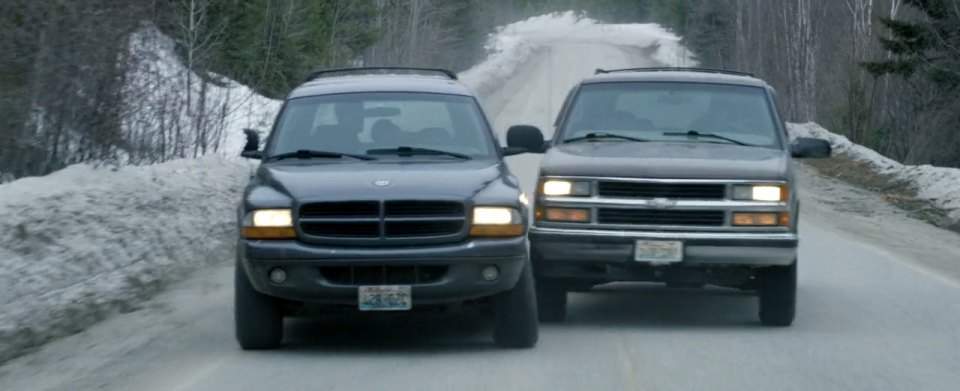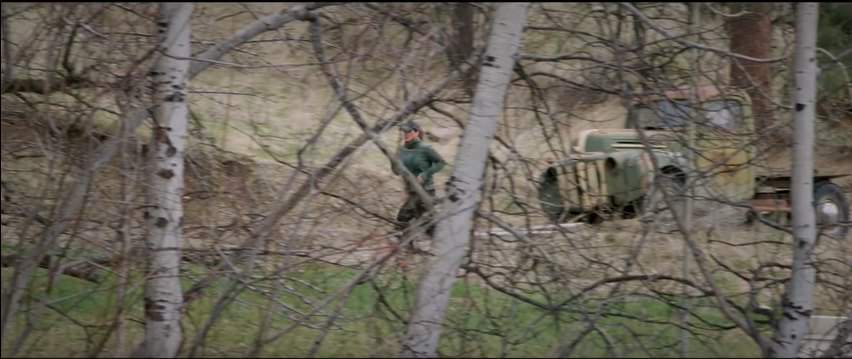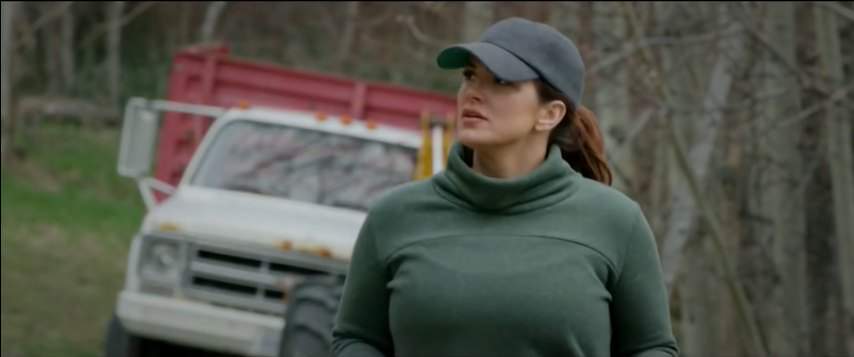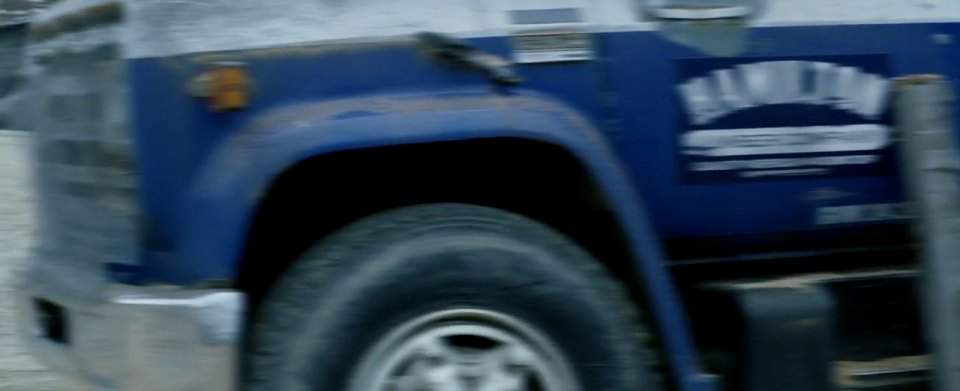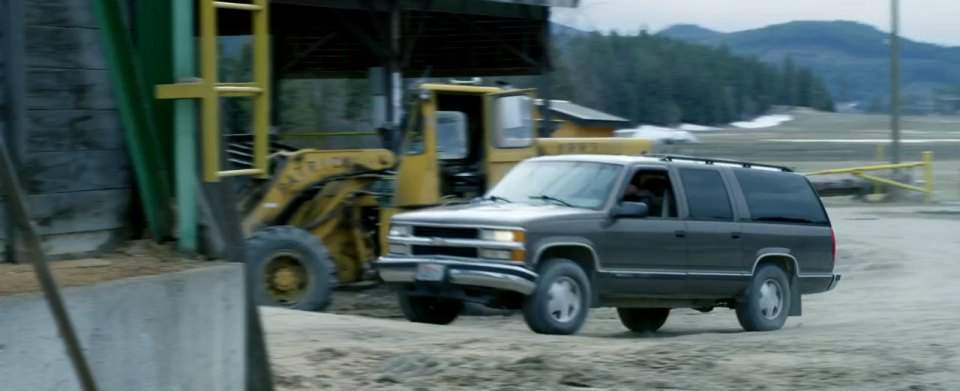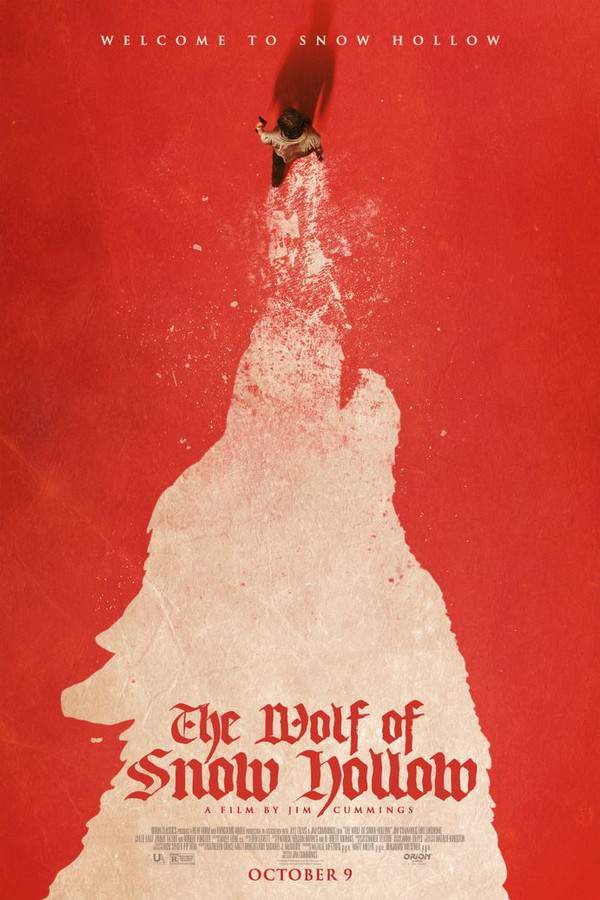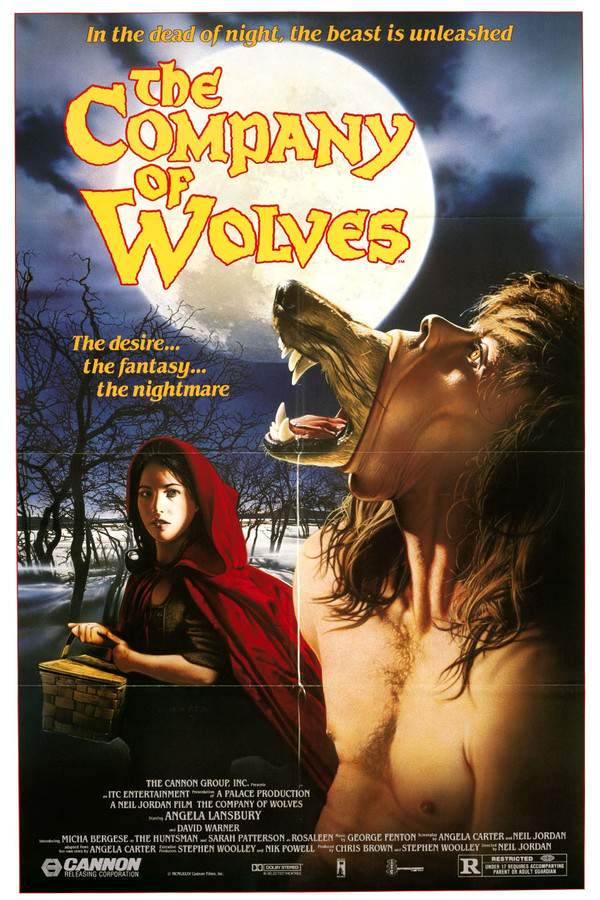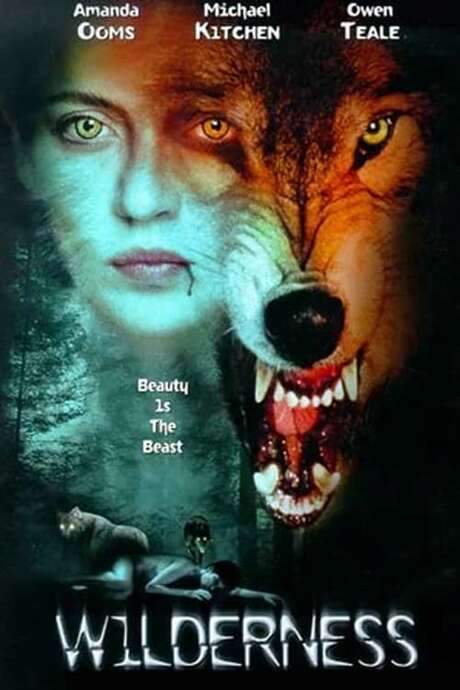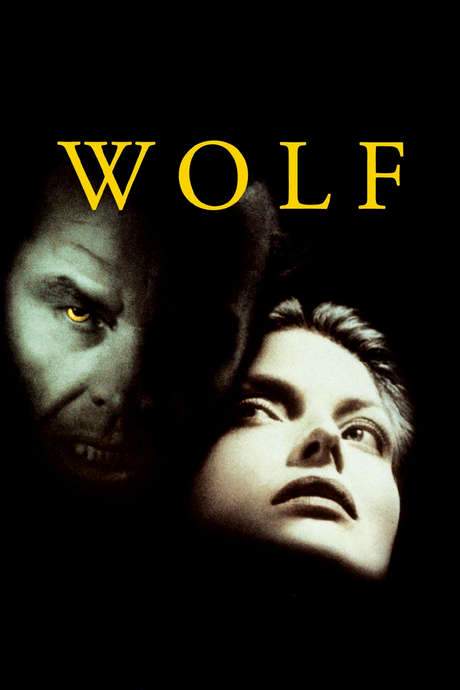The Skin of the Wolf 2018
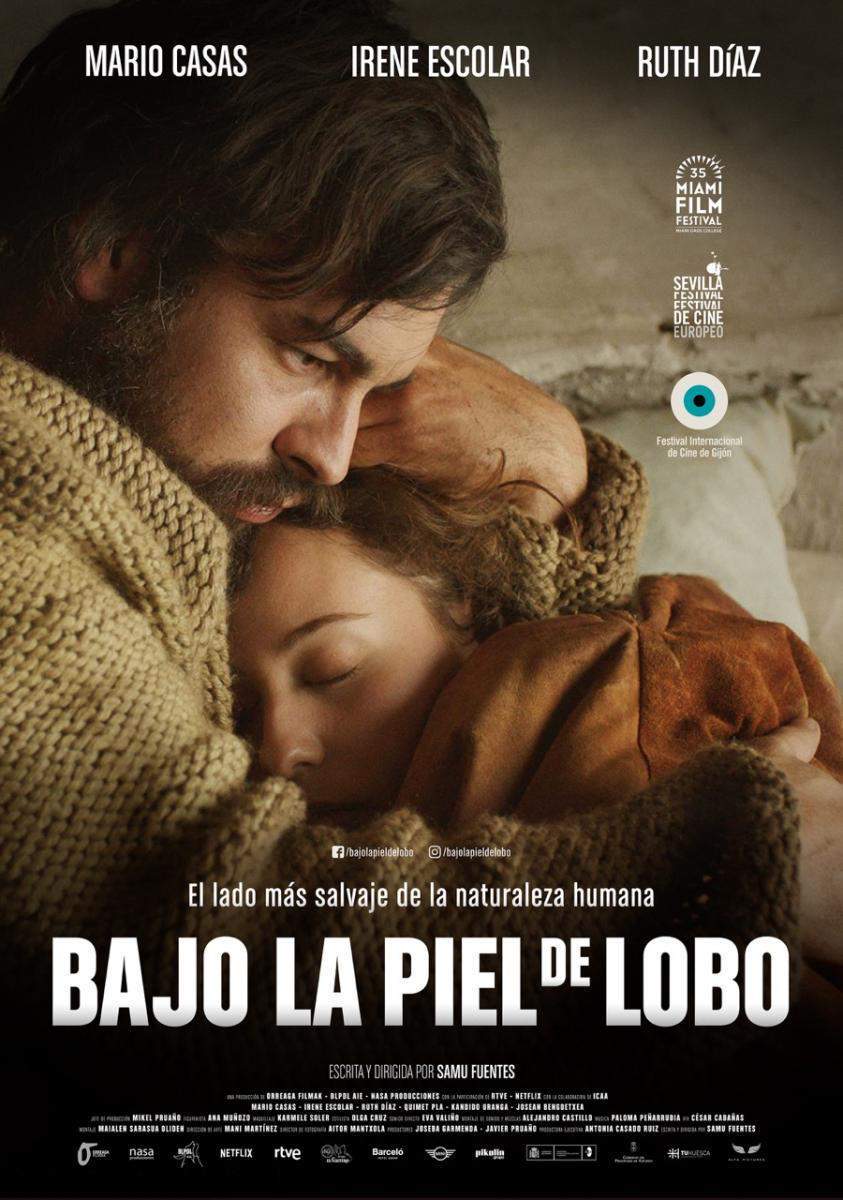
In the remote Spanish countryside, a solitary wolf-trapper seeks human connection to alleviate his loneliness. Driven by a desire for companionship, he searches for someone to share his isolated life. As he pursues this connection, he grapples with the balance between the freedom of his existence and the comforts of a shared home, exploring the conflicting desires for solitude and belonging.
Does The Skin of the Wolf have end credit scenes?
No!
The Skin of the Wolf does not have end credit scenes. You can leave when the credits roll.
Meet the Full Cast and Actors of The Skin of the Wolf
Explore the complete cast of The Skin of the Wolf, including both lead and supporting actors. Learn who plays each character, discover their past roles and achievements, and find out what makes this ensemble cast stand out in the world of film and television.
External Links and Streaming Options
Discover where to watch The Skin of the Wolf online, including streaming platforms, rental options, and official sources. Compare reviews, ratings, and in-depth movie information across sites like IMDb, TMDb, Wikipedia or Rotten Tomatoes.
Ratings and Reviews for The Skin of the Wolf
See how The Skin of the Wolf is rated across major platforms like IMDb, Metacritic, and TMDb. Compare audience scores and critic reviews to understand where The Skin of the Wolf stands among top-rated movies in its genre.

The Movie Echo Score
The Skin of the Wolf excels in its visual presentation but struggles with narrative drive. Critics and users alike praise the film’s striking photography and coherent sensory style, noting the compelling aesthetic and atmospheric soundtrack. However, the story’s sparse dialogue and uneven pacing lead to frustration over character depth and plot development. While the film leaves a lasting impression through its artistry, its dramatic shortcomings limit its overall impact.
The Movie Echo Score Breakdown for The Skin of the Wolf

Art & Craft
In terms of art and craft, the film showcases exceptional visual composition and production design. Reviews highlight the immersive cinematography, wild mountain landscapes, and thoughtfully framed shots that evoke folktale imagery. Critics commend the editing’s measured pacing and raw visual poetry, while users note occasional artificial effects like obvious fake snow. Overall, the visual strengths firmly establish the film’s artistic identity.

Character & Emotion
When it comes to character and emotion, performances receive mixed assessments. Several reviews praise the cast’s nuanced work and authentic portrayals that convey loneliness and raw sentiment. However, some critics and viewers criticize limited dialogue and flat delivery, finding character motivations underexplored and emotional connections difficult to form. Despite moments of strong acting, uneven depth tempers the film’s overall emotional resonance.

Story & Flow
In terms of story and flow, the narrative is often described as sparse and uneven. The film’s minimalist approach creates a deliberate pace that immerses viewers in folk-tale ambience, yet it also leads to frustration over inconsistent plot development and unresolved dramatic arcs. Both critics and users note a lack of narrative drive and palpable drama, resulting in a lukewarm engagement with the storyline overall.

Sensory Experience
When evaluating the sensory experience, the film earns high marks for its atmospheric soundtrack and immersive sound design. Critics highlight how the score enhances the raw folktale tone, and users applaud the vivid soundscapes that complement the striking visuals. The consistent visual style, from expansive snowfields to forest textures, deepens viewer immersion. As a result, the sensory elements are among the film’s most compelling assets.

Rewatch Factor
Regarding rewatch factor, opinions vary between intrigue and tedium. Viewers appreciative of contemplative pacing and visual poetry find the experience worthwhile on repeat viewings, while others cite the slow development and limited dialogue as barriers to revisiting the film. Though the artistic atmosphere and emotional moments offer new details on subsequent watches, the film’s uneven narrative pace may deter frequent replays.


75%
TOMATOMETER

52%
User Score

5.9 /10
IMDb Rating

55
%
User Score

2.8
From 1 fan rating

2.00/5
From 4 fan ratings
Take the Ultimate The Skin of the Wolf Movie Quiz
Challenge your knowledge of The Skin of the Wolf with this fun and interactive movie quiz. Test yourself on key plot points, iconic characters, hidden details, and memorable moments to see how well you really know the film.
The Skin of the Wolf Quiz: Test your knowledge on the emotional journey of Martinon and his tragic life in 'The Skin of the Wolf'.
What does Martinon primarily hunt in the mountains?
Wolves
Deer
Bears
Rabbits
Show hint
Awards & Nominations for The Skin of the Wolf
Discover all the awards and nominations received by The Skin of the Wolf, from Oscars to film festival honors. Learn how The Skin of the Wolf and its cast and crew have been recognized by critics and the industry alike.
35th Artios Awards 2020
Low Budget – Comedy or Drama
2018 Toronto International Film Festival Awards 2018
Full Plot Summary and Ending Explained for The Skin of the Wolf
Read the complete plot summary of The Skin of the Wolf, including all major events, twists, and the full ending explained in detail. Explore key characters, themes, hidden meanings, and everything you need to understand the story from beginning to end.
Martinón is a lonely huntsman, residing on a desolate mountain high above the remains of an old town. His home is surrounded by rugged terrain and thick forests, abundant with wildlife, which he harvests for both sustenance and trade. Each day, he diligently maintains his property, sets traps for animals, looks after his goats, and hunts wolves to sell their pelts. His imposing figure—tall, muscular, with wild hair and a bushy beard—tends to frighten those who cross his path.
During one of his trips to the nearby village, Martinón seeks to collect payment for the wolf pelts from the local mayor. The mayor tries to negotiate a lower price, creating tension in their interaction. Amid the negotiations, Severino, the owner of the local tavern, proposes that Martinón consider marriage to secure a legacy for his home. Although the idea lingers in Martinón’s mind, he is quick to dismiss it, insisting that his rugged mountain existence is no fit place for a family. However, after a brief encounter with Pascuala, a local woman, Martinón engages in a relationship with her, ultimately striking a deal with her father, Ubaldo, and taking Pascuala as his wife.
As time goes on, Pascuala seems to adapt to mountain life, but she soon begins to show symptoms of a worsening illness, marked by persistent coughing. In a twist of fate, Pascuala reveals she is expecting a child, yet Martinón displays little reaction toward her pregnancy. Despite his stoic exterior, he crafts a cradle, perhaps in silent anticipation. Tragically, as Pascuala’s health declines during a harrowing pregnancy, she succumbs to complications while giving birth to a stillborn son, leaving Martinón in deep despair.
Overcome with grief, Martinón shatters the cradle he built for their child, and in a blind rage, he demolishes the gravestones of those buried in the nearby graveyard, directing his anguish toward Ubaldo whom he holds responsible for Pascuala’s fate. Ubaldo admits to having concealed his daughter’s illness and pregnancy to protect her reputation, leaving Martinón to confront him about his recklessness. The two exchange heated words, and in the end, Martinón gives Ubaldo until spring to repay the money he paid for Pascuala.
In a surprising turn, when Martinón returns to claim his money, rifle in hand, Ubaldo offers him his youngest daughter, Adela, as a bride. Reluctantly, Martinón accepts, and they marry the following day. Despite Ubaldo’s pleas for Adela to adapt and not flee, she embarks on a strenuous journey back to Martinón’s isolated home. The transition proves unbearable for her, as Martinón reveals his brutal nature, treating Adela more like property than a partner.
While Martinón departs for trading for several days, Adela is left to explore the ghostly remnants of the abandoned town and stumbles upon two open graves. When she inquires about them, Martinón dismisses her curiosity with an unsettling remark—> “they’re not graves, just holes.” This comment deepens her sense of entrapment and points to a bleak reality. Adela learns of the dark past involving the previous occupants and wears the weight of Martinón’s cruelty.
Days pass, and an unexpected revelation strikes Adela: she discovers she’s pregnant, leading to complicated emotions as Martinón maintains his unemotional demeanor. As time progresses, she grows intolerant of her harsh reality and plots to take matters into her own hands. Using the herbs given to her by her father, she poisons Martinón’s food, hoping to find her freedom. However, her escape is thwarted when she steps on one of Martinón’s traps, forcing him to find and care for her once again, only to witness her loss of the child through miscarriage.
After nursing her back to health, Martinón offers her the chance to return to her family. When she vacillates between joy and sorrow upon leaving, he reflects quietly, standing as a lonely figure against the cold expanse of the mountains. Left alone in his home, he later uncovers the poisonous herbs hidden by Adela and is filled with a profound sorrow, crying out in isolation. The film concludes with him alone in his darkened house, rifle at his side, the door ajar, inviting the chill of the snowy evening into his desolate life.
Uncover the Details: Timeline, Characters, Themes, and Beyond!

Coming soon on iOS and Android
The Plot Explained Mobile App
From blockbusters to hidden gems — dive into movie stories anytime, anywhere. Save your favorites, discover plots faster, and never miss a twist again.
Sign up to be the first to know when we launch. Your email stays private — always.
Watch Trailers, Clips & Behind-the-Scenes for The Skin of the Wolf
Watch official trailers, exclusive clips, cast interviews, and behind-the-scenes footage from The Skin of the Wolf. Dive deeper into the making of the film, its standout moments, and key production insights.
Cars Featured in The Skin of the Wolf
Explore all cars featured in The Skin of the Wolf, including their makes, models, scenes they appear in, and their significance to the plot. A must-read for car enthusiasts and movie buffs alike.
The Skin of the Wolf Themes and Keywords
Discover the central themes, ideas, and keywords that define the movie’s story, tone, and message. Analyze the film’s deeper meanings, genre influences, and recurring concepts.
The Skin of the Wolf Other Names and Titles
Explore the various alternative titles, translations, and other names used for The Skin of the Wolf across different regions and languages. Understand how the film is marketed and recognized worldwide.
Similar Movies To The Skin of the Wolf You Should Know About
Browse a curated list of movies similar in genre, tone, characters, or story structure. Discover new titles like the one you're watching, perfect for fans of related plots, vibes, or cinematic styles.
Quick Links: Summary, Cast, Ratings, More

What's After the Movie?
Not sure whether to stay after the credits? Find out!
Explore Our Movie Platform
New Movie Releases (2026)
Famous Movie Actors
Top Film Production Studios
Movie Plot Summaries & Endings
Major Movie Awards & Winners
Best Concert Films & Music Documentaries
Movie Collections and Curated Lists
© 2026 What's After the Movie. All rights reserved.






